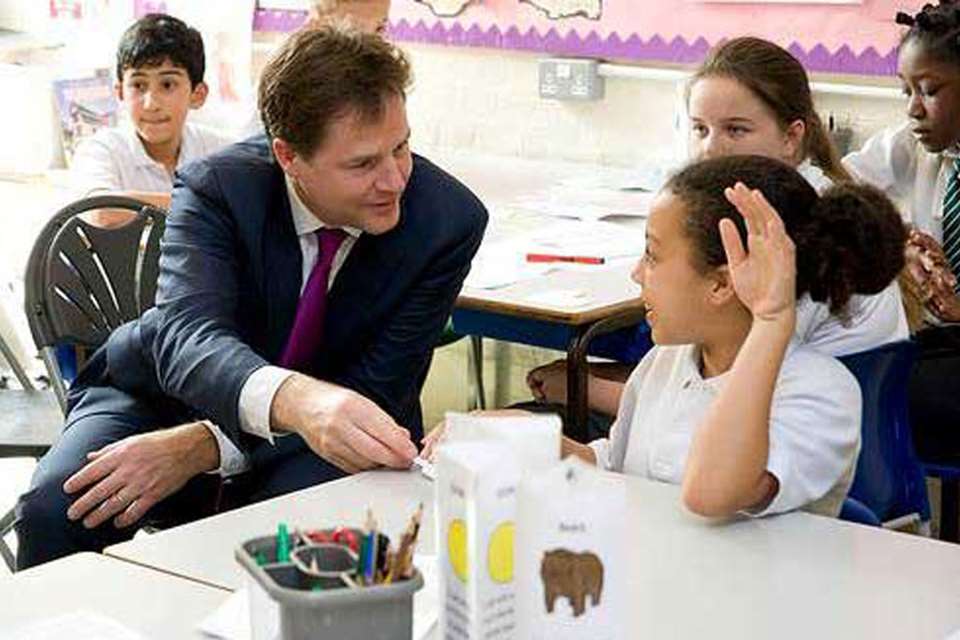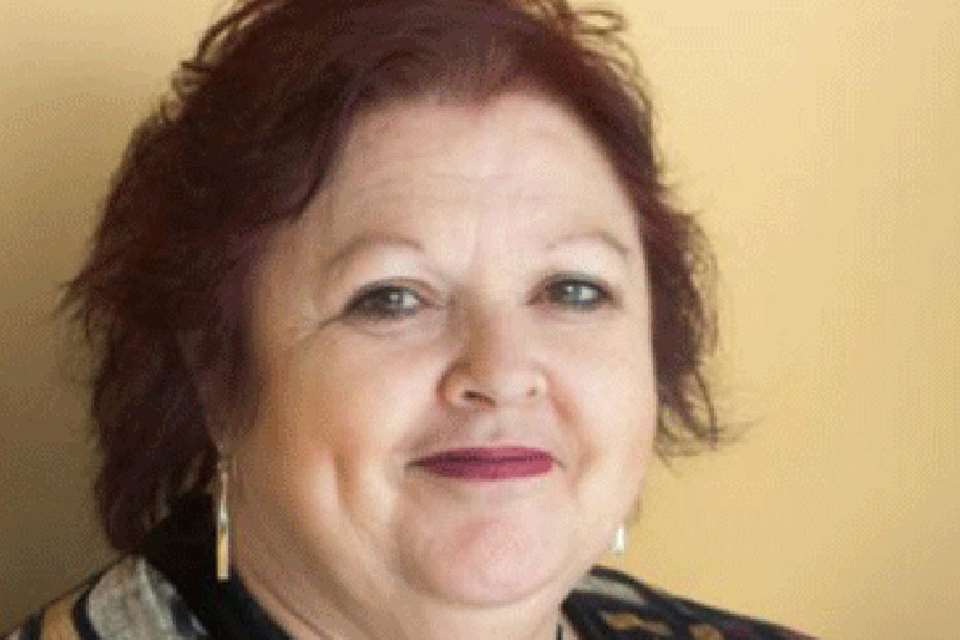Baseline check providers named
Wednesday, February 4, 2015
Six providers have been chosen to offer the reception baseline assessments.

Children will be assessed by their teachers during their first six weeks of starting Reception.
The providers have been chosen after a competitive tender process.
The 'baseline' will be used to assess children starting Reception in September 2016, but a pilot year of the scheme will start in September.
Schools that want to use the baseline assessments from September must sign up before April.
The Standards and Testing Agency has approved six providers.
They are: the Centre for Evaluation and Monitoring, Durham University (CEM); Early Excellence; GL Assessment; Hodder Education; National Foundation for Educational Research; Speech Link.
The assessments offered by the different providers vary in approach from computer and tablet-based, to paper-based, ongoing observation, and task-based activities.
Providers need to recruit a minimum number of schools in order to offer the baseline.
For the 2015-16 academic year, the Government will pay for the basic costs of approved baselines for local-authority maintained schools, academies and free schools.
Schools will be reimbursed directly for the basic cost, but from September 2016 this will then be included in the school budget.
The Government says is introducing the baseline to improve how it measures primary schools’ progress, but the move has been criticised by leading experts in the early years sector.
Last month campaigners against the introduction of a baseline in Reception launched a petition, which has so far attracted more than 2,600 signatures.
Early Education chief executive Beatrice Merrick said, ‘We will be scrutinising closely whether any of these commercial providers has developed a sound and appropriate tool for use with four-year-olds, and will publish our findings to the sector. We are concerned that headteachers should not feel pressured to make decisions without guidance from experts in early years assessment.’
Early Education said that it was also concerned that the removal of the EYFS Profile and the introduction of the baseline was pushing the start of formal schooling to children at an even lower age.
‘The foundation stage is where children develop socially, emotionally and physically, as well as cognitively, so that they can be successful learners. We must not jeopardise those early foundations in a misguided rush to formal styles of education.’
Neil Leitch, chief executive of the Pre-school Learning Alliance said, ‘As a result of the restrictive criteria put forward by Government – stipulating that the assessments must primarily focus on language, literacy and mathematics – the majority of the approved baseline tests are extremely narrow in focus.’
He added that he was also concerned that most of the approved providers focus on ‘ICT-heavy, checklist-based assessments rather than detailed observations. This risks creating artificial testing situations, which is not only unsupportive for young children, but may lead to inconsistent or unreliable results.’










